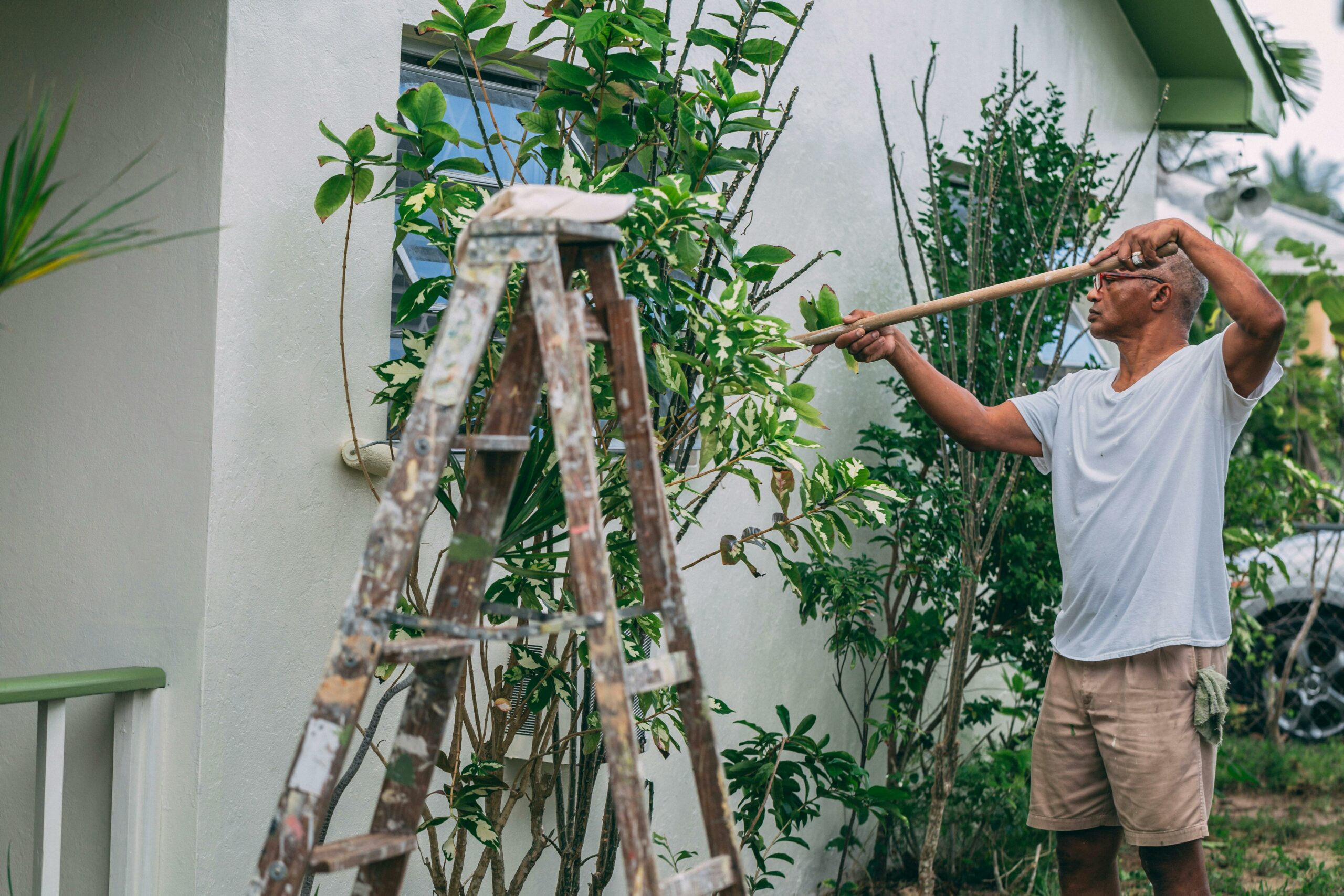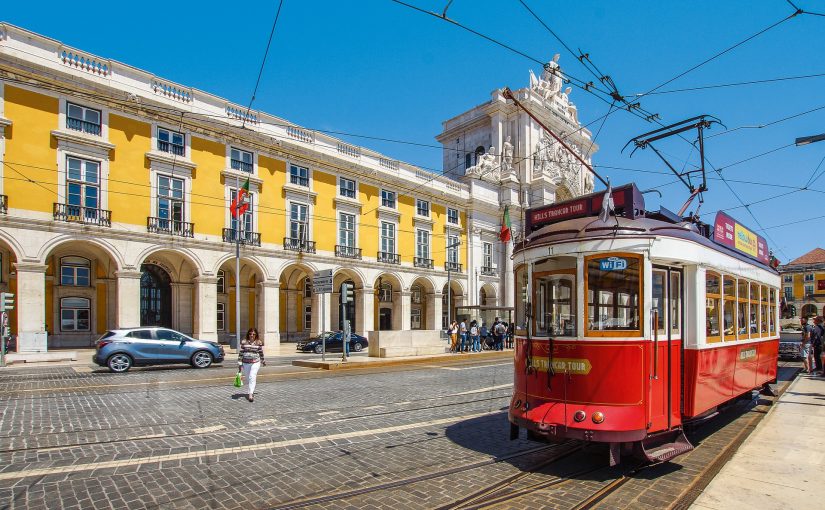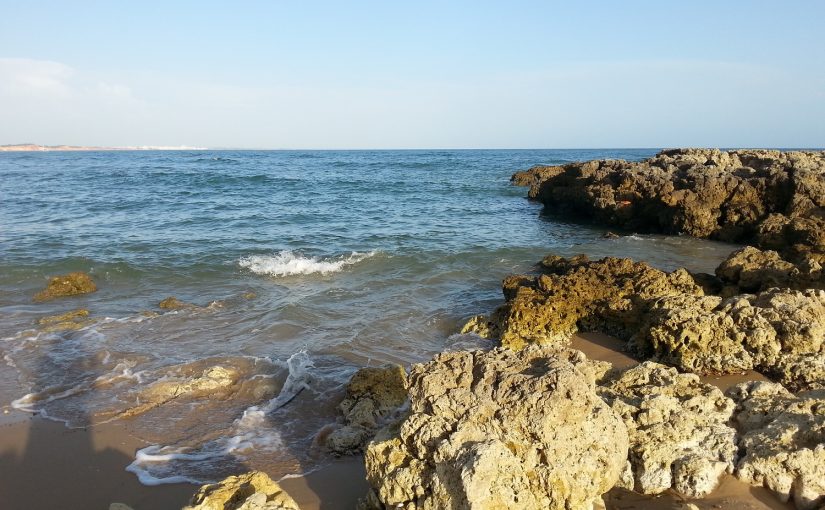So, picture this: you’re trying to do the right thing. You’ve got a house project—maybe painting a wall, fixing a roof, or some minor repairs—and you decide, “Hey, I’m going to follow the rules here.” You insist on getting an invoice from the worker, knowing it’s the legal and proper way to handle things. Good on you, right? That’s what I thought too.
But let me tell you, doing things by the book in Portugal can sometimes feel like stepping into a legal minefield. Here’s my story, and a little heads-up on what you should know before hiring workers for your real estate projects.
My Costly Lesson Hiring Workers in Portugal
Last year, I hired a painter to do some work on my house. Nothing fancy, just a few touch-ups. I insisted on getting a proper invoice (fatura). Why? Because it’s the law, and I like to keep everything above board. What I didn’t know is that by doing this, I set myself up as his “main employer” (entidade contratante) in the eyes of Social Security (Segurança Social).
Fast forward to this year, I get a surprise message from Segurança Social: I owe €400 for his social security contributions. What?! I wasn’t his boss. I didn’t hire him full-time. I just wanted my walls painted!
Turns out, if someone earns more than 50% of their declared income from you in a year, you’re considered their main employer. That means you’re on the hook for 10% of their social security payments, even if they work for others too. And guess what? I didn’t have any way to prove otherwise because I didn’t know I needed to keep track of his other jobs.

More Than Just Taxes
It doesn’t stop at unexpected bills. In Portugal, if you hire someone to work on your property, you’re also responsible for their safety. Yep, that’s right. If they don’t have insurance, it’s on you to provide it.
Imagine this: the painter is up on a ladder, working on your ceiling. If he falls and breaks his arm, and he’s uninsured, you’re legally responsible. That could mean paying his medical bills, covering lost wages, and dealing with all sorts of headaches. Even for a small one-day job, the risk is huge if you don’t handle things properly.
Lessons Learned (the Hard Way)
Here are some takeaways from my experience, so you don’t end up in the same boat:
1. Always Ask About Insurance
Before hiring anyone, ask if they’re insured. If they’re not, you may need to take out temporary worker’s insurance to cover them. It’s an extra cost, but much cheaper than dealing with an accident.
2. Verify Their Income Sources
If they only work for you, or if they’re vague about their other clients, proceed with caution. Being their “main employer” means you’re on the hook for more than just their payment.
3. Consider Hiring Registered Companies
When possible, work with established businesses. Companies usually handle their own taxes, insurance, and social security, leaving you out of the equation.
4. Get Everything in Writing
A simple written agreement can go a long way. Include details about the work, their responsibilities (like insurance), and clarify that you’re not their primary employer. It’s not foolproof, but it helps.

Why It Feels So Unfair
The system is designed to crack down on undeclared work and ensure that everyone contributes to Social Security. In theory, it’s a good thing. But in practice, it can feel like an honest person’s nightmare. People who try to follow the law, like you and me, end up footing the bill for workers who don’t declare all their income.
And let’s be real—most workers prefer to work under the table to avoid taxes altogether. When you insist on doing things the right way, you’re the one left holding the bag.
The Bottom Line
If you’re planning any kind of real estate project in Portugal, even something small, do your homework. Talk to the worker about their insurance and tax situation. And if something feels off, don’t be afraid to walk away or hire someone else. It might feel like a hassle upfront, but trust me, it’s nothing compared to the hassle of dealing with unexpected legal obligations.
Would I still insist on an invoice next time? Honestly, I don’t know. Part of me feels burned by the system. But another part of me knows that taking shortcuts just perpetuates the problem. Either way, I’ve learned to be much more careful when hiring workers in Portugal. Hopefully, my story can help you avoid the same pitfalls.
So, what do you think? Have you had similar experiences? Let us know in the comments below.



